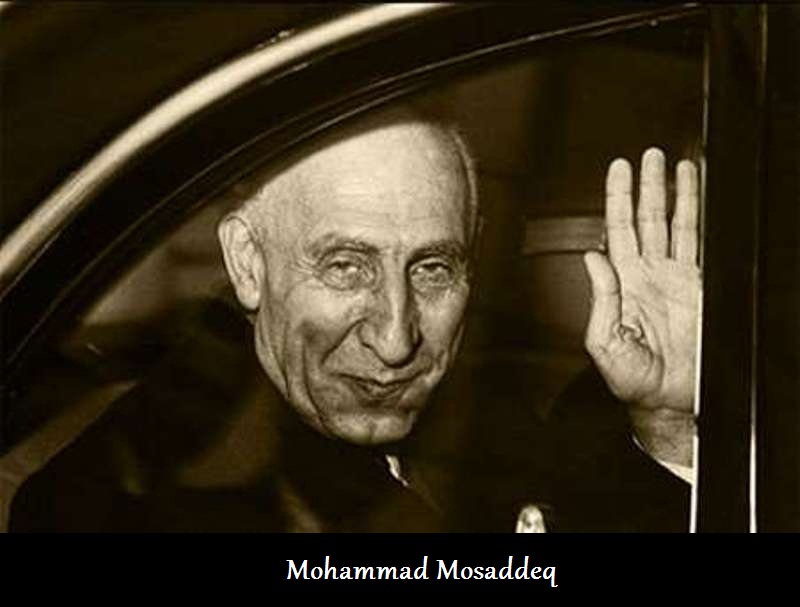The renaming suggestion was passed by unanimous consensus -- 19 out of 19 votes.
The street located in northern Tehran was formerly named Naft Street.
In 1953, the Iranian popular prime minister was toppled in a US-UK-led coup.
Mosaddeq was the one who nationalized the Iranian oil industry, which was considered a threat to British and American interests and eventually led to the August 1953 coup.
Winston Churchill’s government was desperate to regain control of Iran’s oil industry, which Mosaddeq had nationalized the year before, “by virtually any available means, including military action,” wrote Malcolm Byrne of the National Security Archive and Tulane that plotted a coup to drive Mosaddeq out of power.
Iran has always said that the coup was a UK-US job, but until recently it was not internationally well-proved. In recent years, the British government has repeatedly pressed US officials not to publish the fact that London had had a role in the plot to oust the Iranian government.
However, in 2000, as part of an effort to mend relations with Iran, then-Secretary of State Madeleine Albright admitted that the US had 'played a significant role' in overthrowing Mosaddeq, saying 'The coup was clearly a setback for Iran's political development, and it is easy to see now why many Iranians continue to resent this intervention by America in their internal affairs.'
President Barack Obama made some remarks on June 4, 2009, in Cairo that makes it crystal clear that the US had a central role in the coup against the 'democratically-elected' government.
The Eisenhower government considered Operation Ajax as a success, having 'immediate and far-reaching effect'; the CIA repeated the pattern the following year and organized a coup in Guatemala and toppled Jacobo Arbenz Guzmán, who had nationalized farm land.
9417**1377
Follow us on Twitter @IrnaEnglish

Tehran, March 13, IRNA – The City Council of Tehran named one of the Streets of the city after Dr. Mohammad Mosaddeq, said the spokesman of the council on Tuesday.

